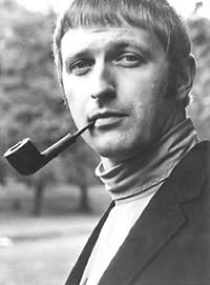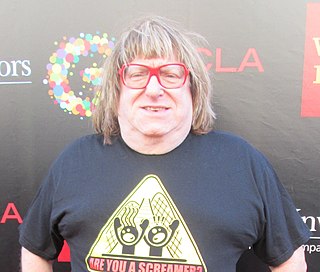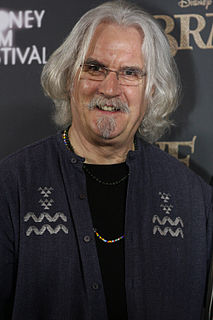A Quote by Graham Chapman
In 1945, peace broke out. It was the end of the Joke. Joke warfare was banned at a special session of the Geneva Convention, and in 1950 the last remaining copy of the joke was laid to rest here in the Berkshire countryside, never to be told again.
Related Quotes
I keep on repeating something told to me by an American psychologist: "When you are making a joke about someone and you are the only one to laugh, it is not a joke. It is a joke only for yourself." If people are making a joke they have the right to laugh at me but I will ignore them. Ignoring doesn't mean that you don't understand. You understand it so much that you don't want to react.
Often, when you're in some of these writing rooms for... and the most restrictive is network television, right? They say, 'Wow, that's a great joke, but we can't do that. Okay, let's try the second joke. Oh, you can't do that one. But the third joke you can do,' and hopefully it will be great, but it will remind people of what the joke really was.
In a theatre it happened that a fire started off stage. The clown came out to tell the audience. They thought it was a joke and applauded. He told them again, and they became still more hilarious. This is the way, I suppose, that the world will be destroyed-amid the universal hilarity of wits and wags who think it is all a joke.































